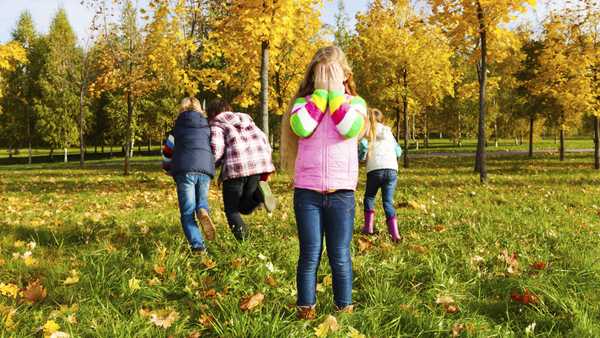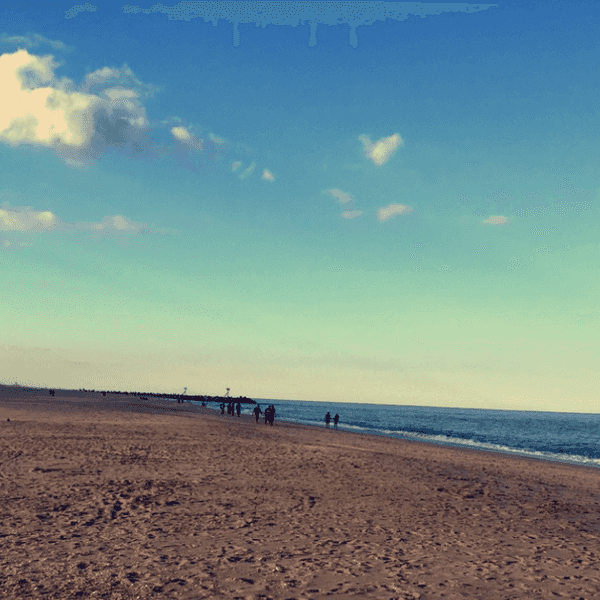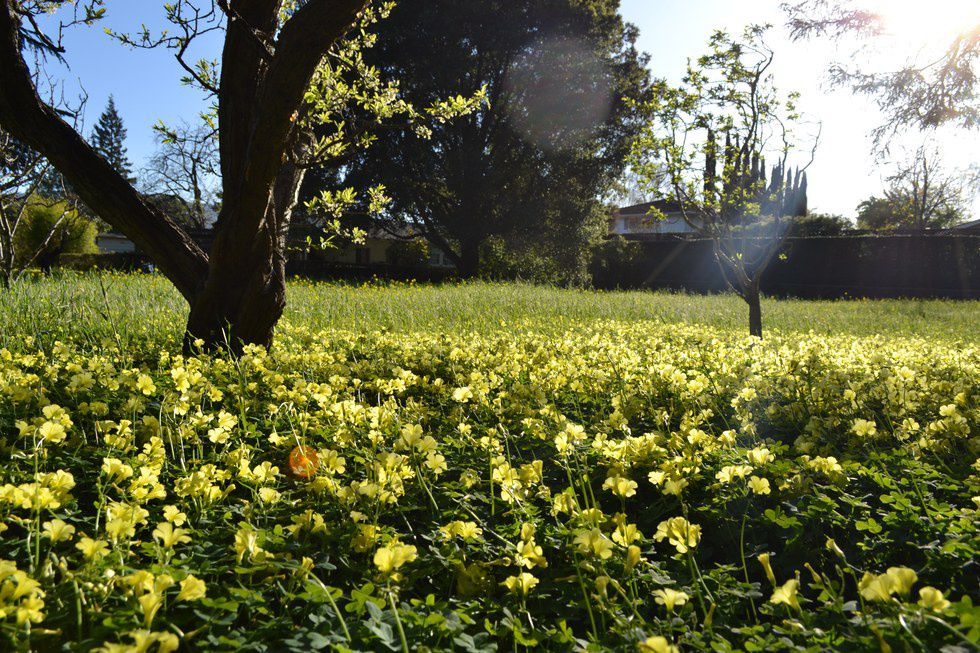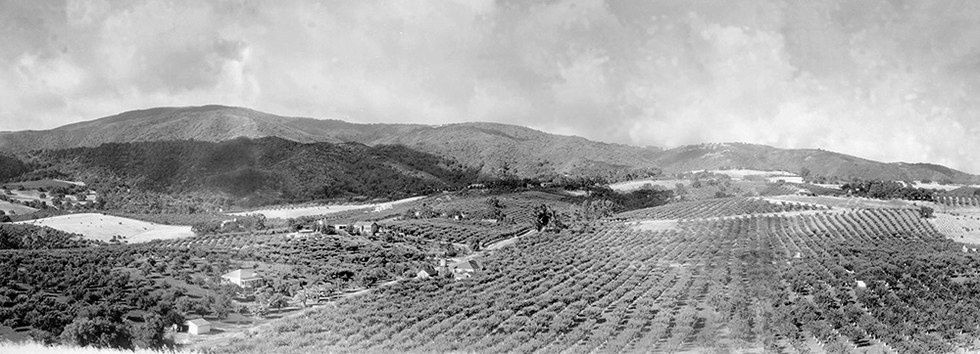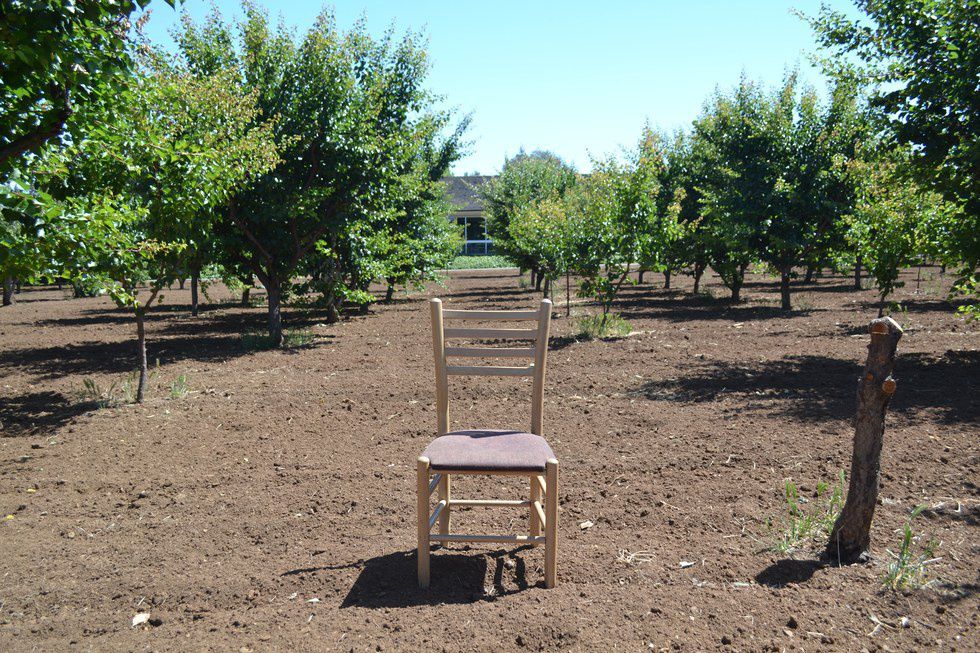“Amanda, sometimes you can’t control what they dig up around here. Nature is the easiest to take away because it doesn’t always have someone to protect it.”
I’ll never forget what my mom said after I told her about the loss of my favorite place in our neighborhood. The beautiful orchard, one that boasted California poppies and apricot trees, was replaced with bulldozers and piles of dirt. It caught me off guard, stopping me dead in my tracks as I walked up the street.The demolition of the orchard was a silent killing—there was no warning and nothing to remember it by.
This is the last orchard in my neighborhood that still stands untouched.
Before the California Bay area was known as the Silicon Valley, it was nicknamed the Valley of Heart’s Delight. The land was blessed with fertile soil and perfect weather, with an average of over 300 days of sunshine every year. Before tech conglomerates like Google, Facebook, and Apple set up base camp here, the hills overflowed with agriculture. When the computer industry descended upon the sleepy suburban valley, it lit a fuse that led to the explosion of technology that continues to heavily influence the area today. Even though the Bay has grown from the booming tech industry, the past glory of its beginnings has been sacrificed in the process.
This is what the foothills of the Bay used to look like, before the rapid development of the tech industry.
As Bay area native Allyson Johnson laments in her Los Altos Town Crier piece titled "The Death Knell of Suburbia," she remembers the time when "Sunset Magazine," the “Magazine of Western Living,” taught her “...how to dry apricots, can peaches, make plum jam…or mak[e] a picnic table.” Johnson noticed the shift from articles,"...about how to make things [to] articles about where to buy things...[which] follow[s] the trend of young tech workers…and others seek[ing] larger cities for their homes.” Of course, it would be ridiculous to be closed off to the inevitability of change and modernized ways of living, but Johnson mourns for the loss of something deeper than traditional practices. She worries about the shift in mindset of today’s Bay area residents.
The DIY culture of the past has been replaced with one that conditions us to instinctively reach for pre-packaged, touchscreen options. The beauty of technology is that it makes lives more convenient, whether it’s machines that peel our fruit or numbers that tell us when our food is ready. However, this reliance on technology is causing us to lose touch with the natural world because it skips over the hands-on processes. We lose the valuable understanding of things like how the food we eat grows and the fragility of our environment.
One of the last apricot orchards in Los Altos, CA.
Unfortunately, I can count the number of Bay area orchards that still exist on just one hand. I miss them not only for their beauty, but for the reminder they provide. They stand for the importance of understanding, respecting, and cherishing the lands that we continue to build our highways and new office buildings on. As the orchards continue to fall off the map, I can only hope that they’ll be spared, and if not for the sake of remembering beginnings, then for the sake of bettering our future.

